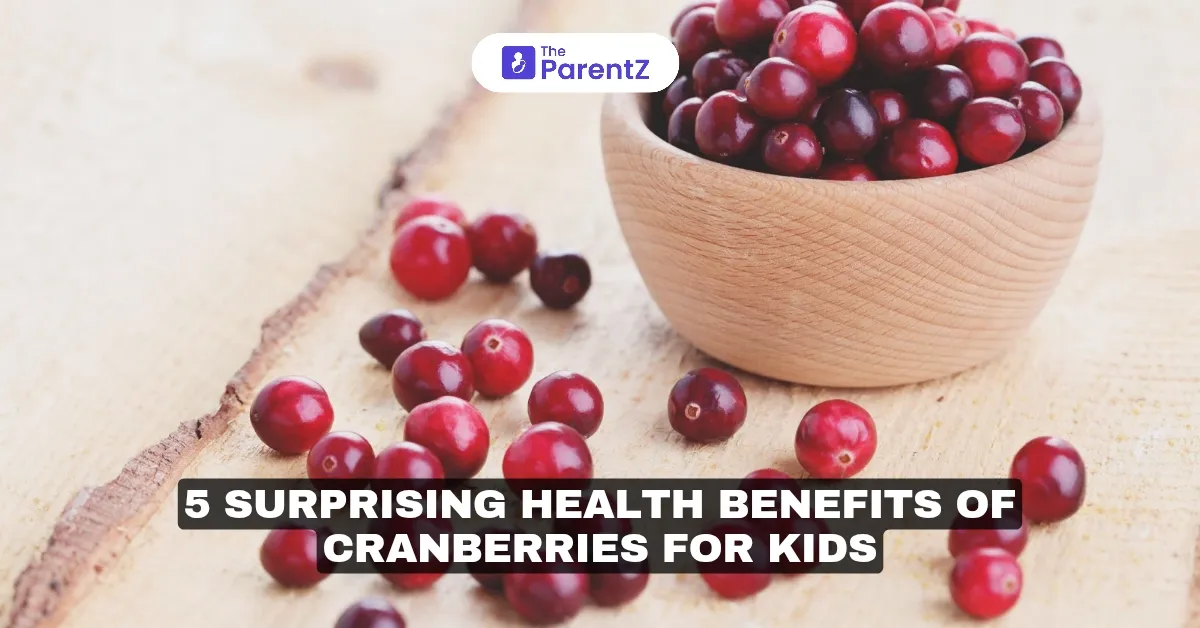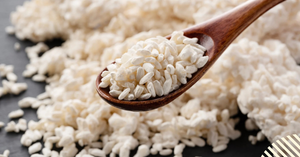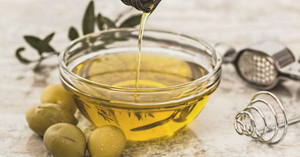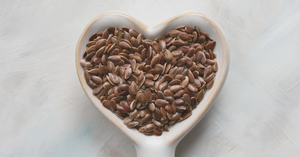Cranberries are loaded with health benefits, making them a perfect addition to your child’s diet. You might associate cranberries with Thanksgiving sauces or cranberry juice, but did you know that they’re packed with vitamins, antioxidants, and more? Introducing cranberries to your little one’s meals can be a game changer, not just for their taste buds but also for their overall health.
Read this article to explore the health benefits of cranberries for kids.
Packed with Antioxidants for Immune Support
Cranberries are a powerhouse of antioxidants, which help fight off harmful free radicals in the body. This makes them an excellent addition to your child’s diet for boosting their immune system.
According to a study published in the Journal of Nutrition, cranberries are rich in Vitamin C and other antioxidants that help strengthen the immune system and fight off infections. For growing kids, this translates to fewer sick days and a stronger defense against common illnesses.
Supports Urinary Tract Health
Many parents are familiar with the idea that cranberries help maintain urinary tract health, particularly in preventing urinary tract infections (UTIs). While UTIs are more common in older kids, preventing them early on can make a big difference.
Cranberries contain compounds known as proanthocyanidins (PACs), which help prevent bacteria from sticking to the urinary tract walls, reducing the risk of infections. For kids prone to UTIs, incorporating cranberries into their diet can be a tasty and natural way to keep their urinary health in check.
Helps Improve Digestive Health
Like many fruits, cranberries are a good source of dietary fiber, which is crucial for healthy digestion. Fiber helps regulate bowel movements and can prevent constipation, a common issue in toddlers and young children.
Just one cup of cranberries provides about 4 grams of fiber, making them an easy way to support your child’s digestive system. Adding cranberries to a smoothie or mixing them with oatmeal can help keep things moving smoothly in your child’s tummy.
Supports Heart Health
You might not immediately think of heart health when it comes to kids, but it’s never too early to start supporting a healthy cardiovascular system. Cranberries are rich in flavonoids, a type of antioxidant that helps reduce inflammation and promote healthy blood vessels.
According to research from Harvard University, including cranberry-rich foods in the diet can lower the risk of heart disease later in life. While it’s unlikely your child will have heart problems at a young age, developing healthy habits with foods like cranberries can help them maintain a healthy heart well into adulthood.
Helps Maintain Healthy Skin
Cranberries also benefit your child’s skin. Packed with Vitamin C and other nutrients, cranberries can help keep skin healthy by promoting collagen production and protecting against damage caused by the sun and environmental toxins.
If your child has sensitive or dry skin, cranberries may offer added benefits as part of a diet that supports healthy skin from the inside out. While they may not replace sunscreen, adding cranberries to the mix can be a helpful step toward overall skin health.
Conclusion
The truth is, cranberries are more than just a seasonal snack or juice — they’re a nutrient-dense fruit with health benefits that can have a lasting impact on your child’s well-being. From boosting immune health to supporting heart and digestive function, cranberries are a simple, tasty way to introduce important nutrients into your little one’s diet.








Be the first one to comment on this story.